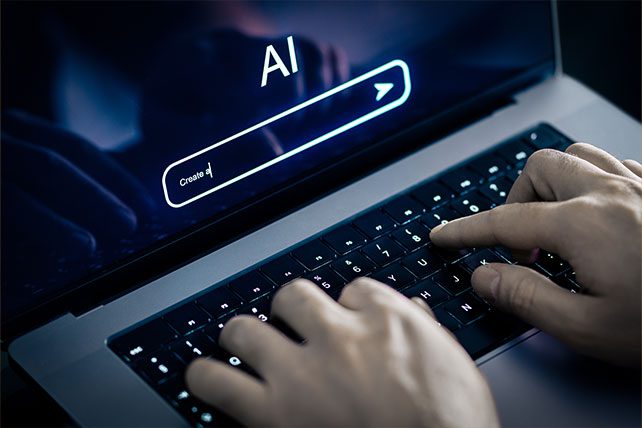Artificial intelligence has become a part of nearly every area of life, from education and medicine to art and entertainment. Churches and individual believers are not exempt from this influence. One of the newest and more surprising uses of technology is the generation of prayers by AI. Apps, websites, and chat-based platforms can now create prayers instantly, tailored to themes like gratitude, healing, or intercession. This raises an important question for the church: Should Christians use AI-generated prayers, or does this undermine the deeply personal act of speaking to God?
The Questions Behind AI Prayer
Prayer has always been more than words. It is the relational act of addressing God, expressing dependence, gratitude, and hope. For many, the thought of outsourcing such an intimate practice to a machine feels wrong. After all, how can an algorithm truly understand human need, let alone approach God? Others, however, see potential benefits. They argue that AI tools can provide guidance for those struggling to articulate their thoughts, offering a starting point rather than a replacement for genuine communication with God.
This tension highlights the central question: is AI prayer a helpful tool that encourages devotion, or a dangerous shortcut that risks reducing prayer to formulaic language?
The Benefits of AI in Prayer
For some believers, AI prayer tools can serve as prompts rather than substitutes. A new Christian unsure of how to pray might find reassurance in seeing words modeled for them. Just as written prayers, devotionals, or liturgical resources have long guided the faithful, AI-generated prayers can be another source of inspiration. They can spark reflection, provide structure, and help believers put their thoughts into words when emotions are overwhelming.
RELATED: Cyber Prayer–How to Ask for Prayer on Social Media
Another benefit is accessibility. People who struggle with language, whether due to disability, stress, or cultural barriers, may find AI tools useful in shaping prayers they could not otherwise express. In this sense, AI functions like a writing aid, not unlike hymnals or prayer books that have guided worshipers for centuries.
The Risks of Relying on AI
The risks, however, are significant. Prayer is not meant to be a polished product but an honest dialogue with God. Over-reliance on AI-generated prayers could lead to detachment, where the believer recites words they did not form without engaging the heart. This mirrors the concern Jesus expressed about empty repetitions in prayer. If AI encourages a mechanical approach, it may hinder spiritual growth rather than nurture it.

